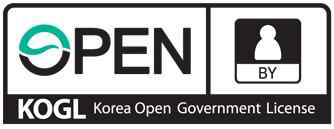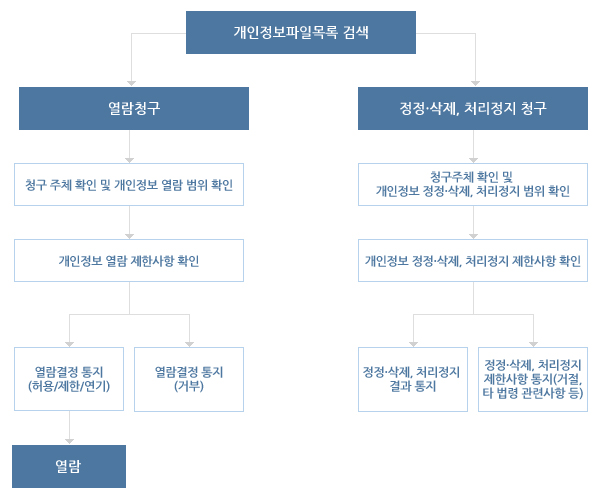In the Press
Opposition parties unilaterally pick 11 parliamentary committee chiefs amid ruling party's boycott
- Jun 14, 2024
- 95
SEOUL, June 10 (Yonhap) -- The main opposition Democratic Party (DP) and minor parties on Monday voted to unilaterally select 11 parliamentary committee chiefs with the ruling People Power Party (PPP) boycotting a plenary meeting over the voting.
Though the legal deadline of June 7 to form the 18 standing committees has passed, the ruling and opposition parties remained at loggerheads over who will head the parliamentary committees for the first two years of the 22nd National Assembly, which began its four-year term late last month.
A total of 191 lawmakers from the DP and other opposition parties participated in the vote to elect the chairs of 11 standing committees, including the judiciary, broadcasting and steering committees.
The DP earlier said it will unilaterally select the chairs of such standing committees if it fails to reach a last-minute agreement with the PPP before the plenary session, set for late Monday.
With the latest vote, all of the 11 committees will be chaired by DP lawmakers, including Rep.
Jung Chung-rae, who will lead the legislation and judiciary committee.
It marked the first time in South Korea's constitutional history that the opposition bloc selected parliamentary committee chiefs in a unilateral vote. In late May, the first plenary meeting of the parliament opened without the ruling party in an unprecedented move.
The PPP warned it will consider boycotting all Assembly meetings and all activities of the standing committees if the DP pushes ahead with the formation of the committees without the ruling party's consent.
The central point of contention is who will chair the three main committees, including the legislation and judiciary committee, a key Assembly panel that has the power to approve bills before they are put to a plenary vote.
The PPP has argued that it should take both the legislative and steering committees as the second-largest party has traditionally held the chair position of the legislative committee, with the ruling party holding the steering committee.
The steering committee is another key committee that handles the parliament's overall operations and oversees the presidential office. Rep. Park Chan-dae of the DP will chair the committee.
Last week, Rep. Woo Won-shik of the DP was elected as a new speaker for the Assembly in a unilateral vote by the opposition parties.
The DP secured 175 seats in the 300-seat National Assembly in April's general elections.
In South Korea, it has been customary for the largest party in terms of parliamentary seats to take the speaker position, with the No. 2 party getting the legislative committee chairmanship.
julesyi@yna.co.kr
(END)
[Photo 1] In this photo taken June 10, 2024, members of the main opposition Democratic Party and other opposition parties attend a vote to unilaterally select 11 parliamentary committee chiefs at the National Assembly in Yeouido, central Seoul, with the ruling People Power Party boycotting the move. (Yonhap)
[Photo 2] This photo taken June 10, 2024, shows Democratic Party leader Lee Jae-myung (7th from front) and other opposition party members in queue to unilaterally select the chairs of 11 standing committees at the National Assembly in Yeouido, Seoul. (Yonhap)


